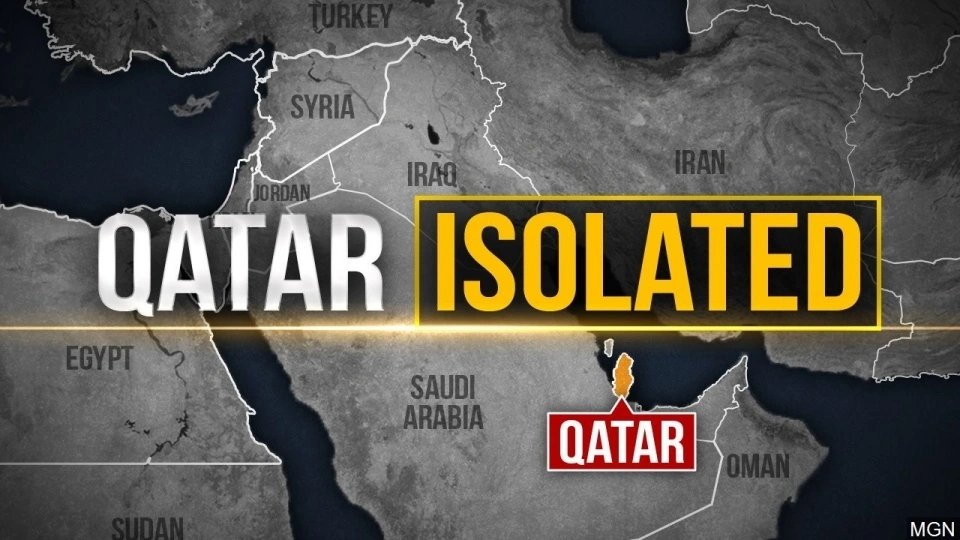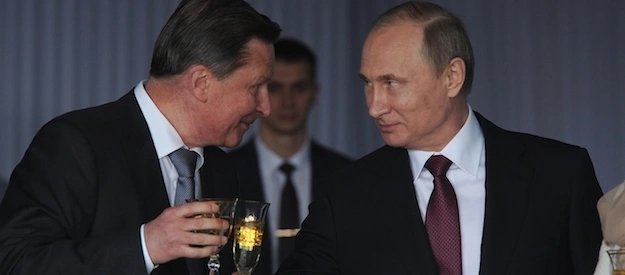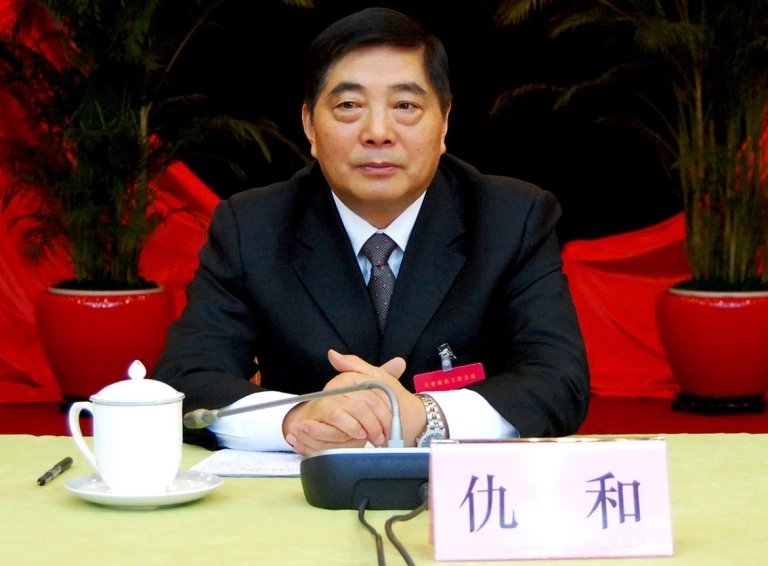Cutting ties with Qatar is a calculated move by the Gulf Cooperation Council (GCC) countries to isolate and deter Doha.
On June 5, six countries in the GCC, including Saudi Arabia, the United Arab Emirates (UAE), Bahrain, Egypt, Libya, Yemen and two other countries, Mauritani and Maldives, announced the severance of diplomatic relations.
The official reason given is because Qatar has taken actions to support terrorist organizations such as the Muslim Brotherhood.
However, according to Ambassador Nguyen Quang Khai, that is only the surface of the problem.
The King of Qatar’s statement `going against the crowd` during US President Donald Trump’s recent visit to the Middle East has become the perfect excuse for the above Gulf countries to carry out their deterrent intentions.
Policy differences
In a speech to representatives of Muslim countries in Saudi Arabia last May, President Donald Trump called for the formation of an anti-terrorism alliance of Arab countries, but in fact it was aimed at preventing and limiting the influence of Arab countries.
However, Qatar is one of the rare countries that disagrees with Mr. Trump’s call, as it is among the few Gulf countries that maintain good relations with Iran.
The `rice is not good, soup is not sweet` relationship between Saudi Arabia and Iran stems from the long-standing conflict between the two religious communities Sunni and Shiite.
Currently, Dubai is having a dispute over three islands in the Gulf with Tehran.
The Cairo government is dissatisfied with the fact that Qatar still maintains its stance of supporting the Muslim Brotherhood organization of former President Mohamed Morsi, which is listed as a terrorist organization by Egypt.
In that context, Ambassador Nguyen Quang Khai emphasized that tensions between Gulf Arab countries and Qatar come from differences in foreign policy with Iran.
Clever move
Qatar is a small country, less than 1,000 square kilometers in area with 2 million people, but it is an oil exporter and the world leader in gas reserves and output, with a per capita income of up to 140,000 USD/person.
Aware of the threats targeting its rich natural resources, Doha has pursued a smart foreign policy, building diplomatic relations with many countries in the region and around the world, including the United States.
Currently the largest US military base in the Middle East, Al Udeid, is located in Qatar, with 11,000 troops and 120 aircraft of all types.
For Iran, Doha and Tehran signed a security and defense agreement in 2014. While Doha wants to take advantage of Tehran as a support, Iran wants to take advantage of Qatar to build influence in the region.
Therefore, Qatar does not want to cause tension with Iran, and at the same time advocates calling on GCC countries to resolve conflicts with Tehran through peaceful dialogue.
While under embargo, Qatar’s clever foreign policy has been effective.
Notably, the US also clearly expressed its stance on Qatar’s side: on June 5, Secretary of State Rex Tillerson called on GCC countries to calm down and stop putting pressure on Doha.
Harm others, harm yourself
However, according to Ambassador Nguyen Quang Khai, the above developments do not mean that Qatar does not suffer heavy losses in many aspects, especially economically.
In fact, Doha has deep trade ties with Riyadh: an average of 800 trucks cross the Saudi border to Qatar every day, delivering essential goods.
In addition, Qatar’s tourism industry may suffer heavy losses when Doha airport welcomes up to 37 million tourists each year.
More worryingly, it cannot be ruled out that Egypt will increase pressure on Qatar by preventing Doha’s ships carrying oil and gas to Europe from passing through the Suez Canal.
However, the Arab countries participating in the embargo against Qatar also suffered certain damages, especially in terms of reputation.
Need to act in good faith
In 2014, Saudi Arabia, UAE and Bahrain each accused Qatar of supporting terrorism and withdrew their ambassadors from the country.
In the current situation, it is likely that the crisis between Qatar and its neighboring countries will continue.
Ambassador Nguyen Quang Khai said that besides the good relationship with Qatar, both the US and Russia have many interests and participate in solving many regional problems such as fighting terrorism and the crisis in Syria.
In addition, many countries in the region – notably Kuwait, Oman and Türkiye – expressed their desire to mediate between the two sides.
For its part, Qatar has shown its efforts to make peace with GCC countries, especially Egypt, when it ordered the expulsion of representatives of the Muslim Brotherhood.
According to Ambassador Nguyen Quang Khai, to resolve the current crisis in the Gulf region, relevant parties, especially countries participating in the embargo and Qatar, need to take goodwill actions.
According to Liu Ming (recorded)
World & Vietnam
(*) Mr. Nguyen Quang Khai is a professional diplomat, former Vietnamese Ambassador to Iraq, Jordan, Yemen, Lebanon and UAE.


